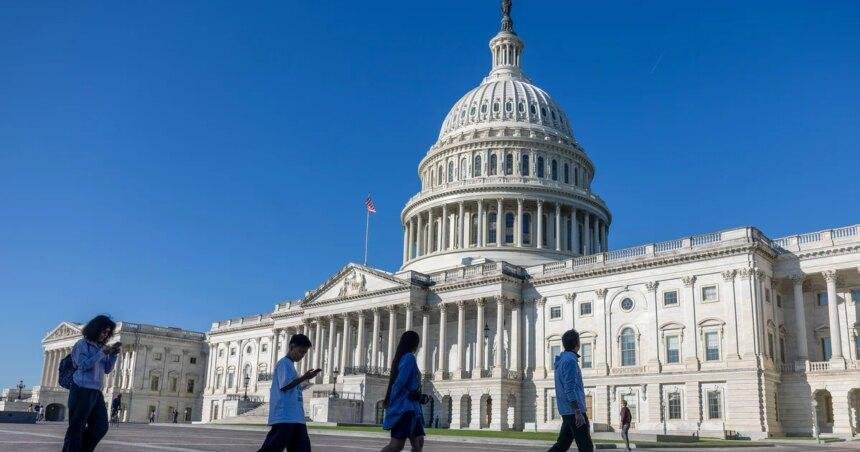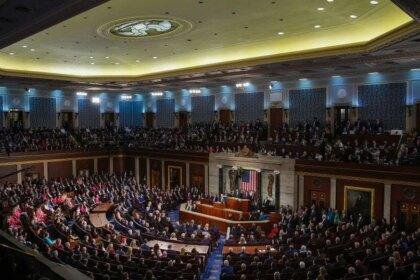Senate Faces Stalemate Over Government Funding as Deadline Approaches
As the clock ticks down to a potential government shutdown, the U.S. Senate is gearing up for another round of voting on funding measures. This comes after a series of failed attempts to secure the necessary 60 votes to keep the government operational. The urgency of the situation has intensified, with lawmakers scrambling to find common ground.
Background on the Funding Measures
The funding debate began in earnest on September 19, when the Senate first considered two competing proposals. The House had previously passed a Republican-led bill aimed at extending government funding until November 21. However, this measure fell short, garnering only one Democratic vote. In contrast, the Democratic proposal sought to fund the government until October 31 while also extending health insurance tax credits, a priority for the party. This proposal also failed to attract any Republican support.
Recent Voting Attempts
In the week following the initial votes, the Senate held three additional rounds of voting. On Tuesday, just hours before a critical funding deadline, the Republican proposal gained unexpected support from Senator Catherine Cortez Masto, a Democrat from Nevada, and Senator Angus King, an independent from Maine who caucuses with the Democrats. Senator John Fetterman of Pennsylvania, who had previously backed the measure, also voted in favor. Notably, Senator Rand Paul of Kentucky has consistently opposed the Republican proposal.
Despite these developments, the outcome remained unchanged, with the vote tally at 55 to 45 against the Republican measure. The lack of bipartisan support has left many lawmakers frustrated, as the deadline looms closer.
Observing Yom Kippur and Continuing Negotiations
After a brief pause in voting to observe Yom Kippur, the Senate reconvened on Friday to revisit the funding proposals. However, the Republican measure failed to gain any additional Democratic support, leaving the party’s leadership in a precarious position. Senate Majority Leader John Thune expressed cautious optimism, stating that if the proposal failed, lawmakers would have the weekend to reconsider their positions before voting again on Monday.
The Stakes of a Government Shutdown
The implications of a government shutdown are significant. Historically, such shutdowns have led to disruptions in federal services, delayed paychecks for government employees, and a ripple effect on the economy. The last major shutdown, which lasted 35 days from December 2018 to January 2019, serves as a stark reminder of the potential fallout from political gridlock.
As the Senate prepares for another vote, the question remains: will the weekend provide enough time for lawmakers to reach a compromise? Democrats have indicated a desire for negotiations focused on health care issues, but whether this will lead to a breakthrough is uncertain.
Conclusion
With the deadline for government funding fast approaching, the Senate finds itself at a critical juncture. The failure of both proposals thus far highlights the deep partisan divides that continue to plague Congress. As lawmakers head into the weekend, the hope is that renewed discussions may pave the way for a resolution. However, the path forward remains fraught with challenges, and the specter of a government shutdown looms large.











